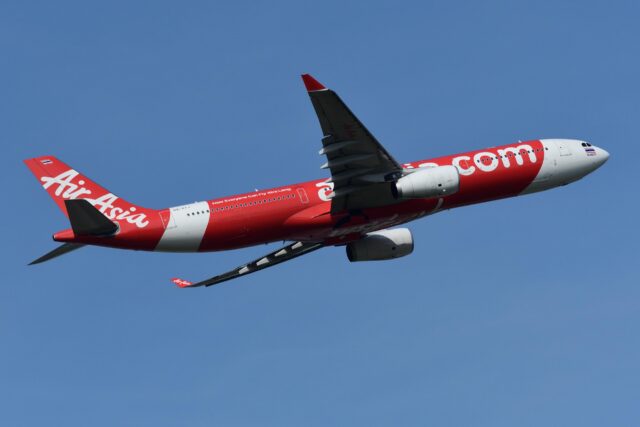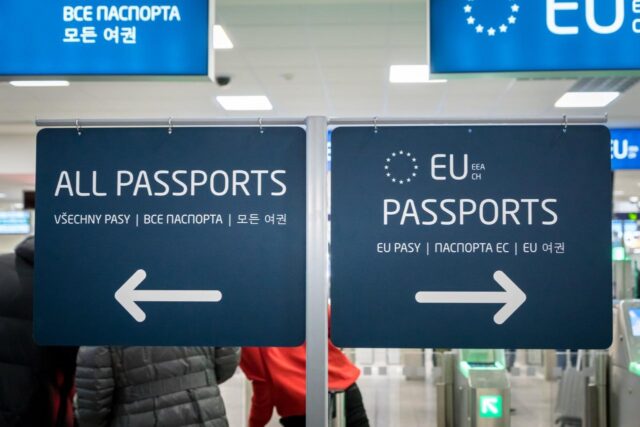Matarat and SITA join forces to drive digital transformation of Saudi airports

April 10, 2025

Matarat Holding has agreed a Memorandum of Understanding (MoU) with air transport technology provider SITA to accelerate the digital transformation of airports throughout the Kingdom of Saudi Arabia.
Operating 27 airports through its subsidiaries – Riyadh Airports, Jeddah Airports, Dammam Airports and Cluster 2 which oversees regional airports, Matarat’s mission is to modernise the country’s airports in line with the Saudi Aviation Strategy. Its agreement with SITA will focus on introducing smart, scalable technologies that enhance the passenger experience, streamline operations and boost overall airport efficiency, according to Yaagoub AlNujaidi, SVP of Digital and Technology at Matarat Holding.
Global aviation hub
Saudi Arabia’s vision 2030 includes the goal of becoming a global logistics hub with aviation playing a key role. Passenger traffic is expected to reach 330 million by 2030 with connectivity to 250 international destinations. Saudi Arabia’s new carrier Riyadh Air has also just gained its AOC, paving the way for operations to begin this year.
Key areas of digital transformation include the implementation of facial recognition and biometric systems for seamless check-in and boarding, the use of AI-driven security and baggage handling systems, the introduction of smart gates and automated immigration system at major airports, as well as real-time flight tracking, luggage updates and airport navigation via smartphone integration.
Expanding SITA’s footprint in KSA
Matarat’s MoU with SITA sees the technology specialist building on its existing footprint in the Kingdom, where it has already implemented biometric self-service systems at Riyadh’s King Khalid International Airport. It is also enabling Saudi Arabia’s first fully biometric journey at NEOM Bay Airport through its Smart Path solution and its systems are already deployed at major hubs in Jeddah, Dammam and at 22 regional airports.
Referencing the rapid growth of Saudi’s airport sector, Selim Bouri, president for the Middle East and Africa at SITA acknowledged this comes with its own complexities that will require the “right digital tools to keep operations smooth and passengers moving effortlessly.”
















